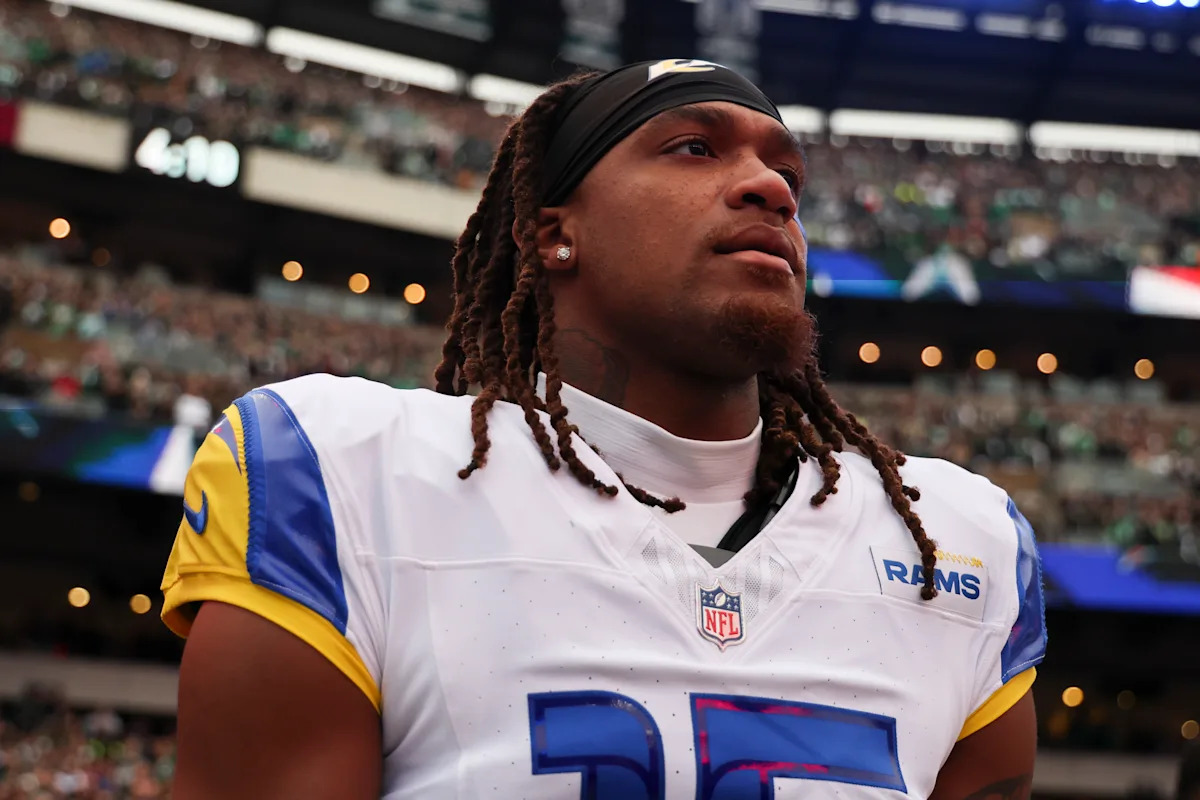San Francisco 49ers wide receiver Demarcus Robinson chose not to contest a misdemeanor DUI charge following an incident where police reported he was driving over 100 mph while under the influence of alcohol. According to the Los Angeles City Lawyer’s Office and reported by the Orange County Register, Robinson was sentenced to three years of probation and fined $390. As part of his sentence, he must complete several programs, including hospital and morgue education and a three-month alcohol program, and he is prohibited from driving with any measurable amount of alcohol in his system. He will not serve any prison time.
In exchange for his plea, separate charges related to driving with a blood alcohol content of 0.08% or higher and driving without a valid license were dropped, his attorney Jacqueline Sparaña confirmed. The incident dates back to November 25th in Woodland Hills, near Los Angeles, when Robinson was with the Rams. The California Highway Patrol (CHP) reported observing Robinson driving a white Dodge at over 100 mph on the 101 highway around 5:13 am. After being stopped, Robinson exhibited signs of intoxication and identified himself to officers.
Details remain unclear about whether Robinson underwent breath or blood alcohol testing. The arrest occurred following a Rams home game loss to the Philadelphia Eagles, where Robinson had caught a touchdown pass. After the arrest, the CHP released Robinson, who later called the situation a “bad look” and expressed regret, stressing that such behavior is not typical for him. Robinson was officially charged with DUI in January.
During the season with the Rams, Robinson played in all 17 games, recording 505 receiving yards and seven touchdowns before signing a two-year, $9.5 million contract with the 49ers in the offseason.
Fan Take: This news is significant for NFL fans as it highlights the ongoing issues of player conduct off the field, reminding teams and fans alike of the importance of responsibility beyond the game. Robinson’s case stresses the league’s continuing challenge to ensure players uphold professionalism, impacting both their careers and the sport’s public image.



